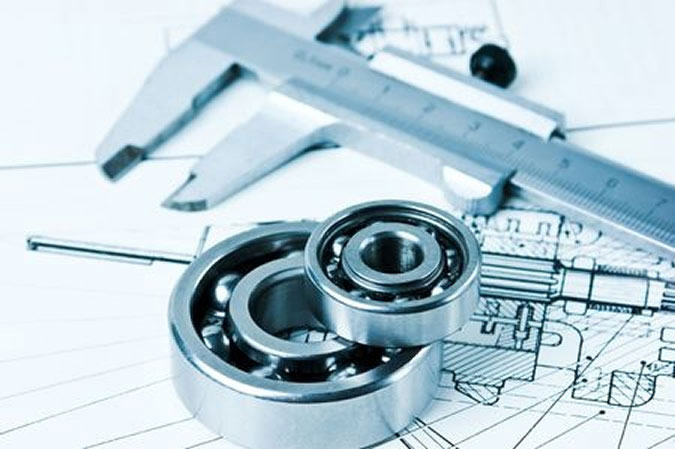Technical translation

Technical translations are used in the most diverse sectors of business and are a type of translation that requires special knowledge, because they are possibly the most demanding.
The translators responsible for carrying out technical translations must broaden their knowledge constantly in order to keep abreast of technological advances and be able to use the most appropriate technical terms in each technical translation project.
Technical translations are used for different purposes. It is known from the manuals, whose aim is to help consumers and customers use a device. This requires a clear, precise, easy-to-understand language, such as in the instructions of manuals at an international level.
We also find technical translations in company brochures, which play a key role, particularly in trade fairs, for the acquisition of new customers, in which the technical translation must successfully convey, in just a few words, the advantages of a product or material to potential customers.
In order to do a proper translation, technical translation requires in-depth knowledge and a good understanding of the subject concerned. We work with technical translators specializing in different areas who are well acquainted with the field of technical translations. Taking into account all the parameters, and thanks to the experience of our translators, we are able to deal with any technical translation, however complex.
In electronics as in any other field of technical translation we are increasingly faced by the fact that each company uses its own terminology, and any technical translator that does not have sufficient experience in the field of technical translation will have great difficulty in translating this type of texts. Therefore, to make technical translations easier, today we increasingly use computer assisted translation programmes (CAT), with which we create translation memories in order to always use the same terminology in successive translations and speed up the technical translation process.
Our technical translation service covers the whole range of technical content in almost all languages. We work quickly and reliably; even jobs with a short deadline are no challenge to us.
We offer high level technical translation services to suit your products.
Translation of manuals
The translation of manuals involves a number of added difficulties that are worth observing carefully.
The first of these is the name of the product concerned. Should it be translated or be left in its original form? This question has no simple answer, since the choice of name is not a matter of chance. Manufacturers carry out comprehensive market studies before making a decision in this regard. On the other hand, we probably all know cases of products whose names have unfortunate connotations in international markets.
At this point, we must also refer to questions arising from the use of foreign words in the translation of manuals. Are they similar terms in the source language or do they have exotic connotations that should be maintained or adapted as far as possible in the target culture? And what is no less important, what are the typographical conventions of the target language for this type of words?
The second is the use of specialized terminology. Depending on the product concerned, the translators will have to be real experts in specific technological fields, which often involves an intensive task of documentation and search for parallel texts. On the other hand, the translation of manuals has a precise function, which is to explain clearly the use of a specific product, so we must ask ourselves who the product concerned is intended for, whether they should have specific preliminary knowledge, etc.
Moreover, the translation of manuals is fertile ground for the formation of neologisms and the introduction of loanwords, some of which are in widespread use but not necessarily correct. What should be done with them?
Finally, stylistic differences are the other major stumbling block in the translation of manuals: for example, while English texts are addressed directly to the reader using imperatives, Spanish texts tend to use impersonal constructions with the pronoun «se» and future tenses. Although these conventions do not necessarily affect the understanding of the text, they have a significant effect on the recipient’s perception of the same, to the extent that if they are not respected, the translation may be considered unacceptable.
Translation of medical manuals from English to Spanish
Translation of electronics manuals from Spanish to English
Translation of instruction manuals from English to French
Translation of safety manuals from English to Italian
We carry out the translation of manuals in any field and language.

